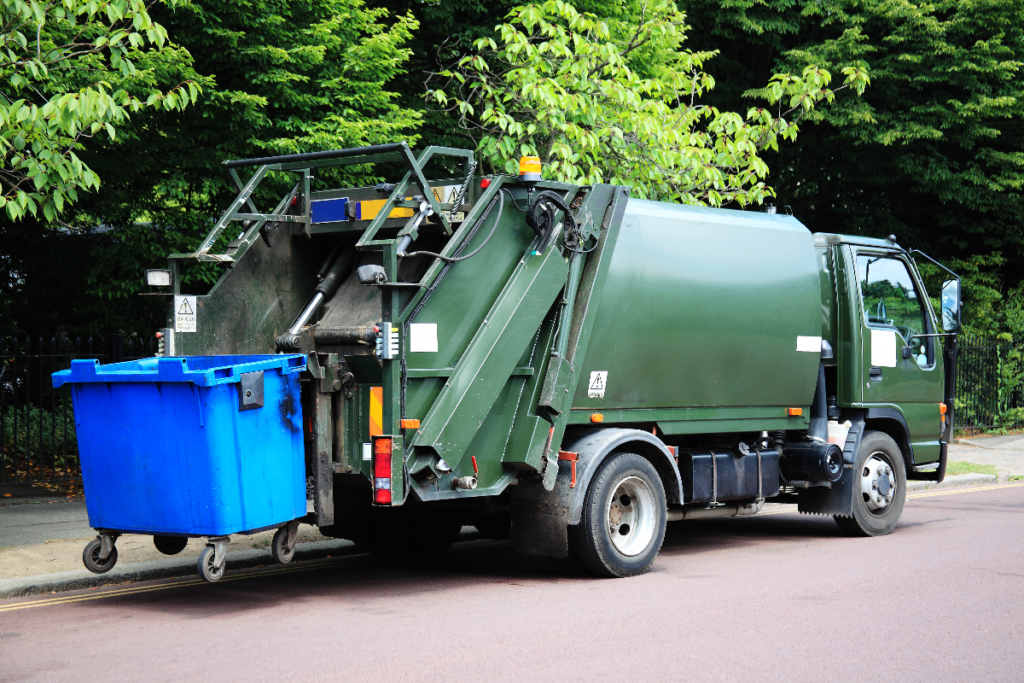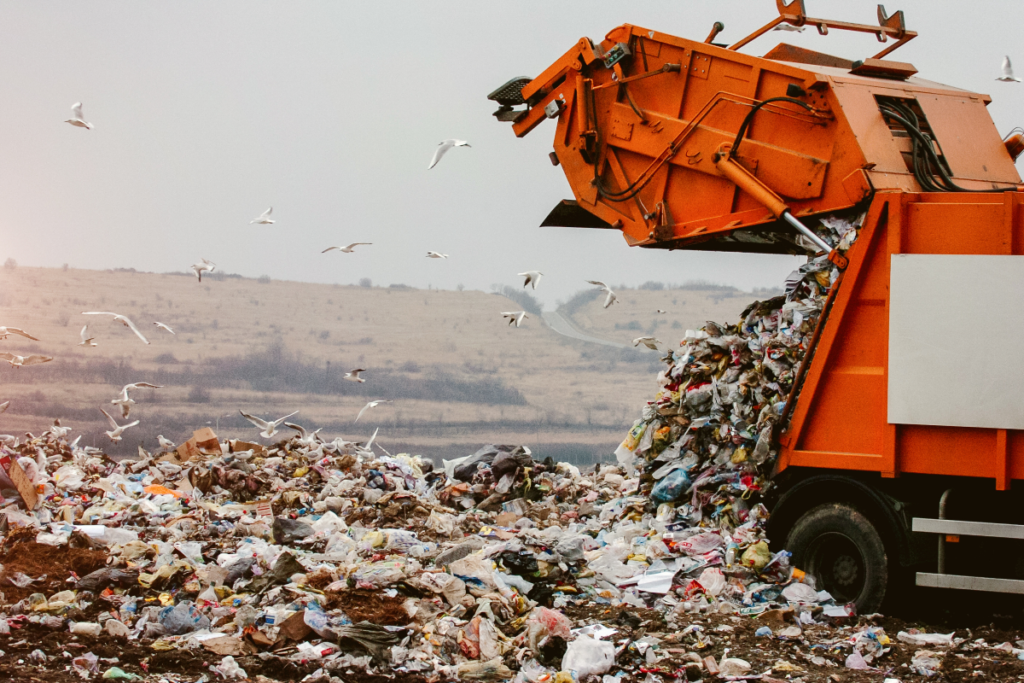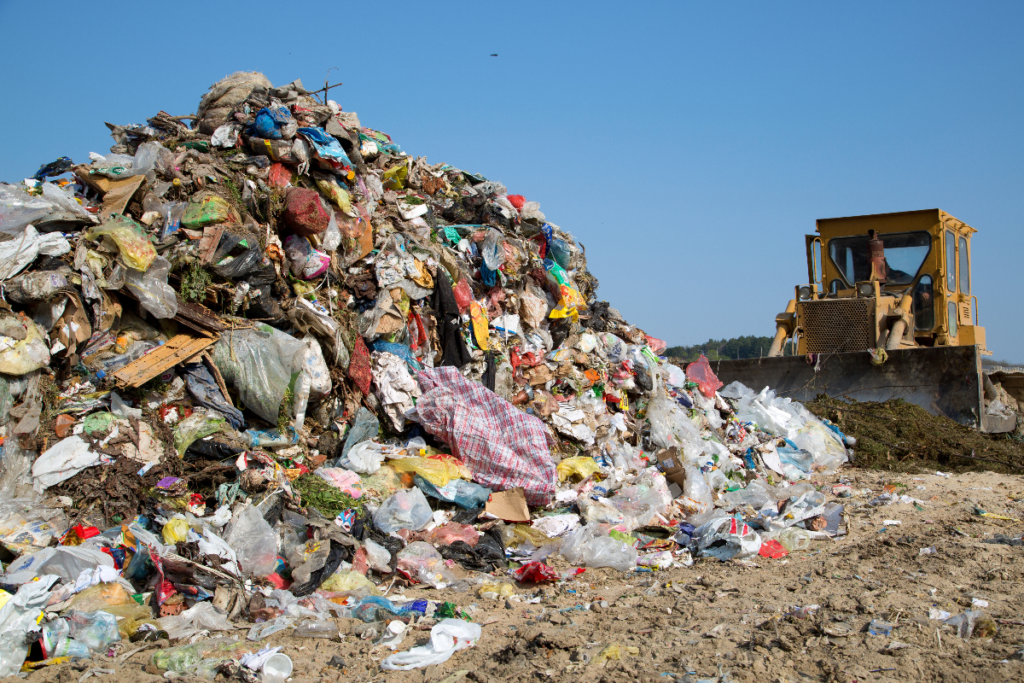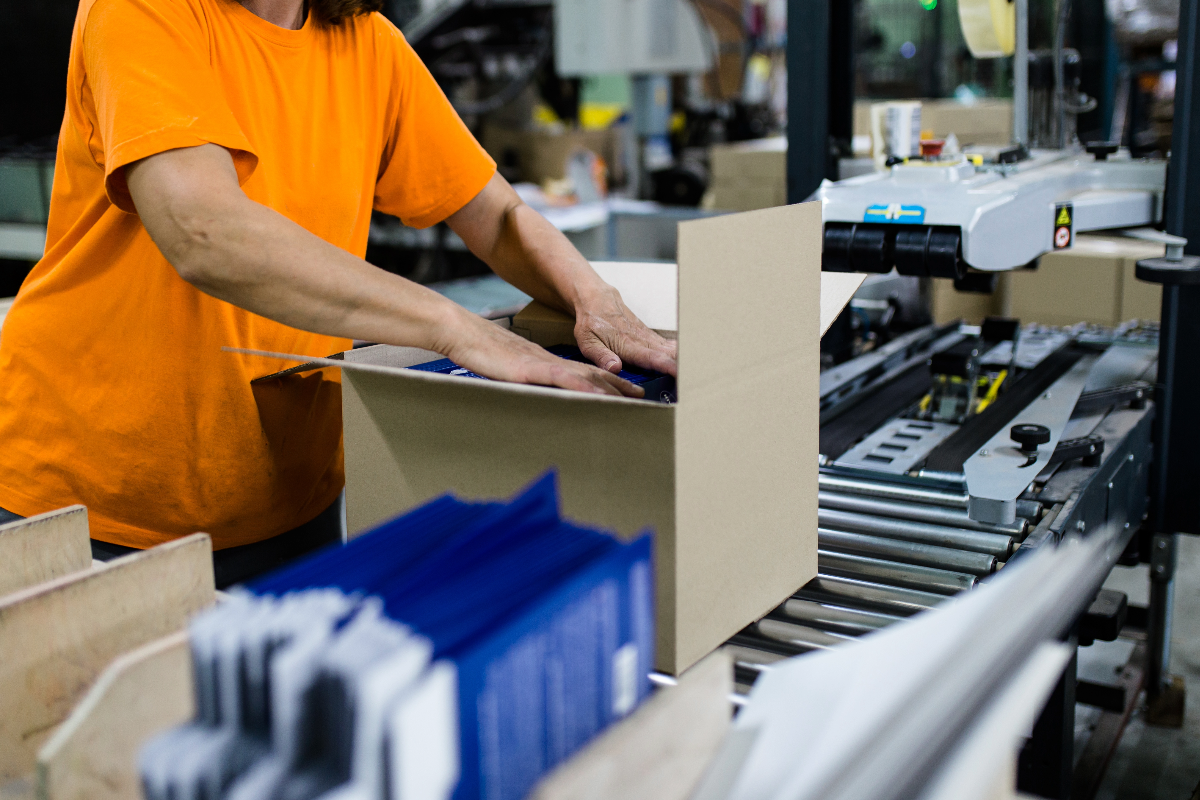BLOG
What is Zero to Landfill and how can it be the key driver of your business’ performance?

The waste industry often talks about operating on a ‘zero to landfill’ approach. It’s more important than ever to focus on building a more sustainable future through your business’ waste management strategy. Working with a waste partner that operates on zero to landfill is a great place to start. But what does this actually mean?
Why do we operate on a ‘zero to landfill’ approach?
A ‘zero to landfill’ claim is becoming more common than ever in the waste industry. This all comes from people and businesses becoming more aware of the damaging effects of landfill on the environment and our health. Landfills work by disposing waste into a designated area and then burying it under the ground. This waste is then expected to break down over time as there is no intention for it to ever be managed or retrieved. However, this isn’t always the case. Most materials in landfills will take thousands of years to degrade naturally which causes extreme damage to our environment and health.
These landfill sites often release methane gas alongside other greenhouse gases as the waste decomposes. One landfill site in Wales was even found to be emitting mustard gas. This is then absorbed into the atmosphere, contributing to climate change. But it’s not just climate change that’s the problem. To build these sites, wild areas need to be cleared, damaging biodiversity. Leachate is a liquid produced from these types of sites and this contaminates any nearby streams, lakes, and ponds – further damaging wildlife.


What does ‘zero to landfill’ mean in practice?
In practice, ‘zero to landfill’ just means avoiding disposing of waste at landfill sites as much as possible. We believe there’s a recovery route for every waste stream and we’re constantly working to find new ways to recover waste. We’ve been able to find a recovery route for nearly every waste stream your business will experience. We’ve been able to turn single-use disposable vapes into hoarding for scaffolding and waste cooking oil into biofuel to power vehicles.
Want to learn more about our recycling options? Click the link below!
Some types of waste prove to be difficult when it comes to recovery. Hazardous materials, such as asbestos, need treating with extreme care to keep everyone who encounters it safe. While we try to aim to send as little to landfill as possible, sometimes recycling is simply not an option. A ‘zero to landfill’ approach works by finding recycling and recovery options first. We’ll always try to find a recycling or recovery option for your waste first. When all options have been exhausted, that’s when we’ll need to turn to other, less favourable, methods of disposal.
What are the benefits of a ‘zero to landfill’ approach for your business?
There are so many benefits of a ‘zero to landfill’ approach for your business’ waste management. Waste is normally a negative term, but utilising ‘zero to landfill’ helps you to turn your waste into a financial resource instead of just paying for waste removal.
- Shows your environmental commitments: Looking to show your organisation’s commitment to sustainability? Having a ‘zero to landfill’ policy for your waste shows that your business is making steps towards sustainability. This is a great way to strengthen any ESG policies or corporate targets you might have in place.
- Reduces the emissions from your waste: By reducing the amount of waste you’re sending to landfill; you’re reducing the amount of emissions your waste and the landfill site creates. If you’re tracking your scope three emissions for any sustainability initiatives, this is an easy way to cut your indirect emissions.
- Reduces your impact on the environment: The less your business relies on landfill, the lower your impact on the environment is. If more businesses reduce their landfill usage, there won’t be any need for new sites that damage biodiversity and green spaces during their creation.
- Reduces your waste costs: Every year, Landfill Tax rises in April. This year, it rose to just over £100 for every tonne you send. Preventing your waste from going to landfill helps you to cut your waste costs as you won’t need to worry about paying landfill tax.
- Increased recycling rates: Reducing your use of landfill sites will help you to boost your site’s recycling rates as you look for other options. This helps you to move to a more closed loop operation process in every aspect of your business. Doing this helps you to work towards any ESG goals you might have in place.
Contact Us
Want to reduce your business’ reliance on landfills and switch to a more sustainable waste management plan? Flame UK specialises in providing bespoke waste management plans to reduce your environmental impact and business waste costs. Get in touch with our team today to learn more about how Flame UK can support your business.




